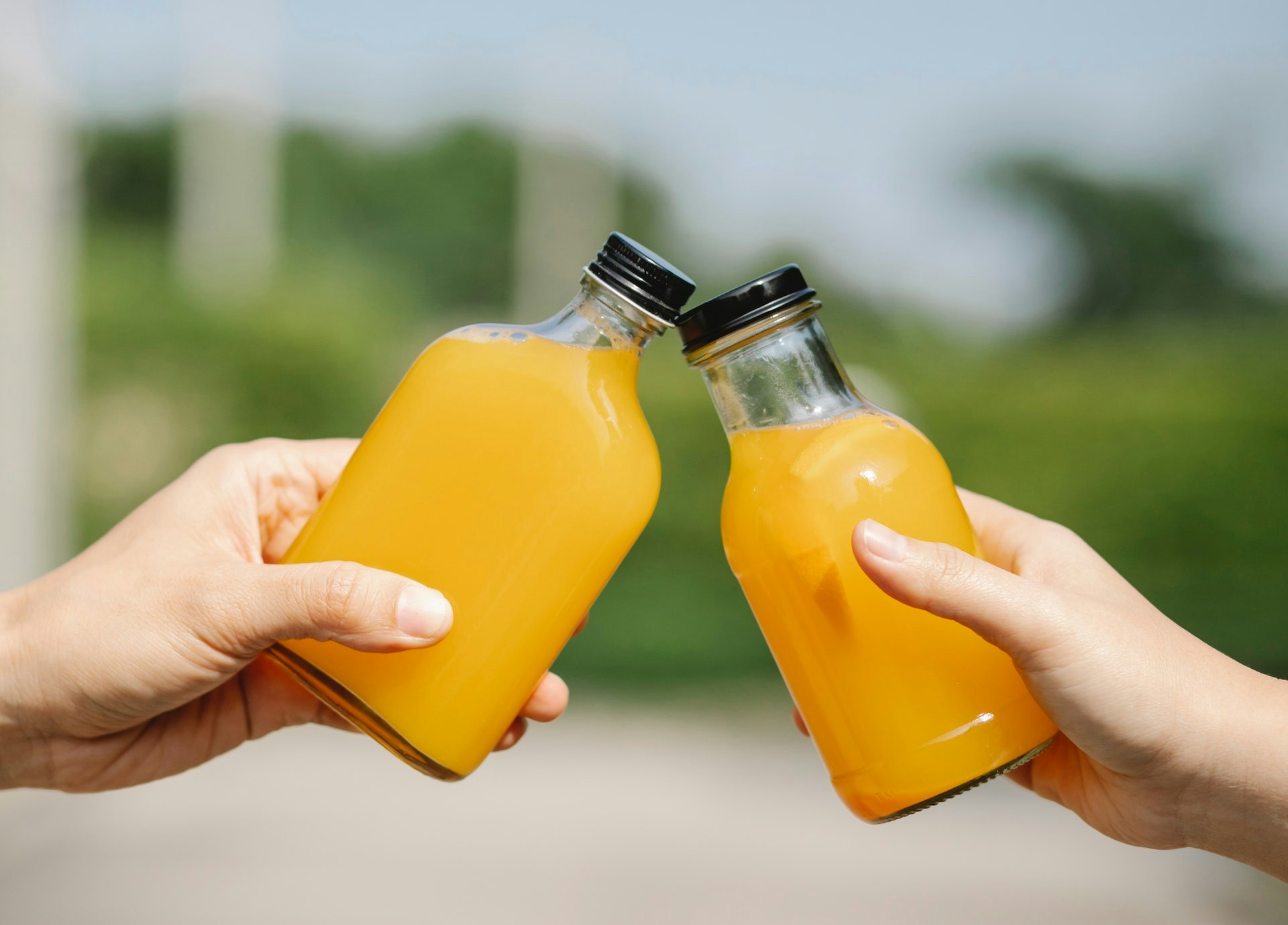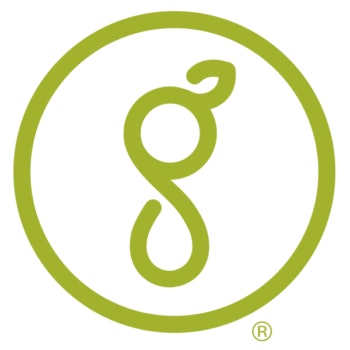On average, an 8oz cup of orange juice has around 23g of sugar. If the orange juice is fresh-pressed, all of those sugars will be natural and naturally occurring. Unless you are consuming store-bought orange juice with additives or from concentrate, the sugars in 100% orange juice are all natural, meaning they come straight from the oranges themselves. No added sugar here. Plus, you get a ton of vitamins and minerals along with that natural sugar.
The amount of sugar in your cup of OJ can vary depending on the type of orange and how the juice is made, but on average, an 8-ounce cup of orange juice has about 20–26 grams of sugar. That's about 6 teaspoons of sugar, or the same amount you'd find in a glass of Coca-Cola.
What About Added Sugar?
When you grab a carton of orange juice from the store, you might wonder if it has added sugars. Well, it depends on the brand and kind you're buying. It's essential to read the nutrition label to find out the exact amount of added sugar.
However, many orange juice products labeled as “not from concentrate” or “100% pure” are usually free from additional sweeteners. These products are made using only oranges without any extra sugar, though they will have less nutrients than fresh cold-pressed orange juice. But it's always a good idea to double-check the ingredient list and nutrition facts panel to be 100% sure.
Store Bought vs. Cold Pressed or Freshly Squeezed
Cold pressed or fresh-squeezed OJ is always the best choice, nutrition and taste-wise. You will know for certain that it is pure, and without added sugar. However, if that is not a viable option for you, you can opt for the fortified, 100% orange juice. This option has no added sugar and contains added calcium and vitamin D, which are two nutrients that most Americans don't get enough of.
Is the Sugar in Pure Orange Juice Different from Sugar in Soda?
Sugar in orange juice is naturally occurring, just like the sugar in milk. In fact, the latest food label from the FDA confirms that there are 0 grams of added sugar in 100% orange juice. But, here's the thing – the World Health Organization (WHO) doesn't differentiate between the natural sugar in OJ and the sugar in Coca-Cola or other sodas.
Have you ever wondered if the sugar in orange juice is worse for you than other sugars? Well, here's the deal. Consuming too many added sugars can lead to consuming "empty calories" that don't offer any nutritional benefits.
On the other hand, natural sugars found in 100% orange juice and fruits are packed with nutrients like vitamins, minerals, and antioxidants. But, keep in mind that the calorie level of the juice is determined by the sugar content, whether it's natural or added sugar. And that means, even natural, 100%, pure orange juice can cause weight gain, tooth decay, and other health issues related to too much sugar.
A good way to avoid overconsumption of sugar from orange juice is to consume fresh-pressed orange juice blends instead. These blends are still sweet and delicious, but contain other vitamin-packed fruits and veggies that lower the overall sugar content.
What Does Research Say About the Sugar in Orange Juice?
Research findings suggest that to improve public health and address the issue of obesity, health professionals are emphasizing the need to decrease the consumption of foods and drinks that contain added sugars, which provide fewer nutrients and more calories.
It is worth noting that 100% orange juice has natural sugar that develops during the growth of oranges and does not contain any added sugar. Additionally, 100% orange juice is rich in essential vitamins and minerals.
Conversely, foods and beverages that have added sugars are typically low in nutrients and can have negative effects on health when consumed excessively.
According to the prevailing research, there exists no discernible correlation between the intake of 100% orange juice/100% fruit juice and weight gain or obesity status, body mass index (BMI), adiposity, or waist circumference in either children or adults.
Furthermore, scientific studies have revealed that the consumption of 100% orange juice does not lead to the unfavorable outcomes typically associated with excessive consumption of added sugars, such as a heightened likelihood of metabolic syndrome, insulin resistance, and elevated glucose and insulin levels.
Bottom Line
Orange juice is the most popular fruit juice in the world, according to surveys. That's why manufacturers produce a whopping 1.6 billion metric tons of it each year. And the best part? You don't have to settle for store-bought OJ – you can make your own by squeezing fresh oranges either by hand or with an electric juicer.
So, have you ever wondered if you should be getting your daily dose of vitamin C, potassium, and other essential vitamins and minerals? An 8-ounce glass of 100% orange juice has got you covered. It packs a whopping 137% of your daily recommended vitamin C, 11% of your daily folate, and 14% of your potassium.
But here's the catch: make sure you're choosing 100% orange juice with extra pulp and not those orange-flavored drinks that are loaded with added sugars. Better yet, stick to cold-pressed orange juice to ensure all those vitamins and minerals are in tact.
So next time you're thirsty and reach for a store-bought OJ, keep an eye out for labels that say "drinks," "-ades," "punches," or "cocktails," instead of “juice,” because they might contain added sugars. Stick to the good stuff for a healthy and refreshing drink.



Comment